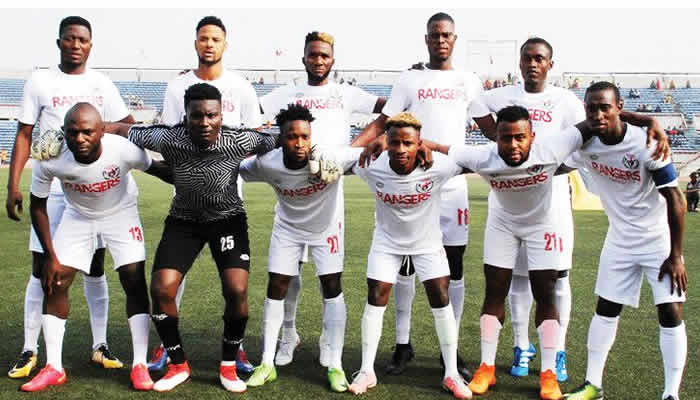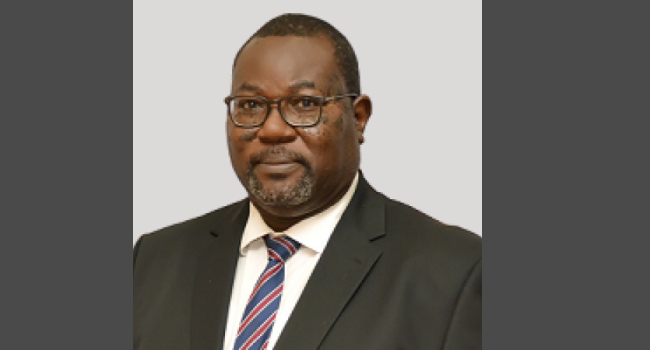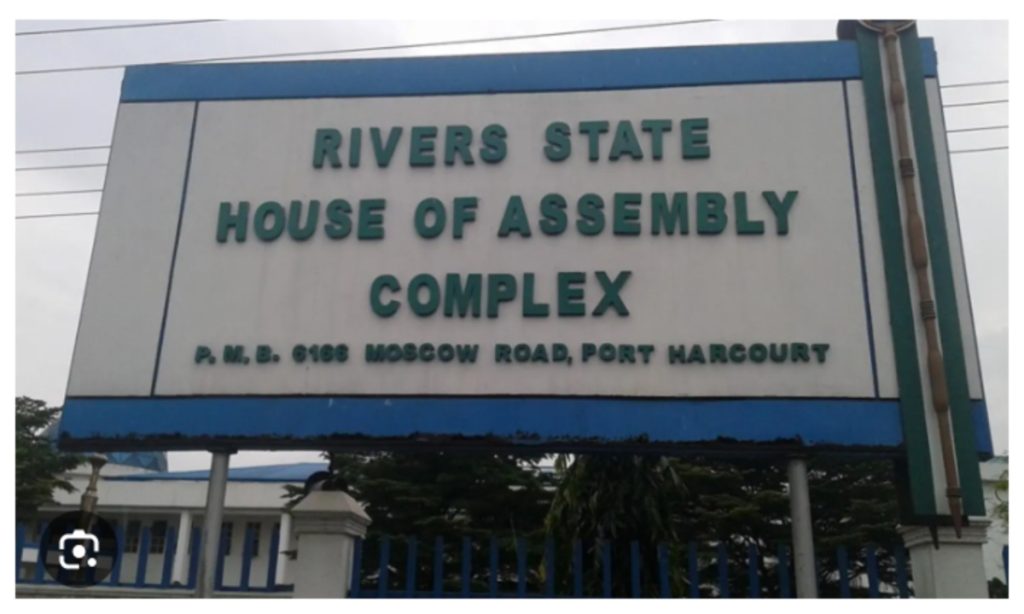Western European leaders expressed support for U.S.-led diplomatic efforts to resolve the Ukraine conflict while pledging increased military aid to Kyiv and reaffirming their commitment to Ukraine’s potential NATO integration, despite stark opposition from Moscow. The dual approach, outlined in a joint statement issued Saturday, follows high-level talks between U.S. President Donald Trump and Russian President Vladimir Putin in Alaska, which both leaders described as productive, though no formal agreement emerged.
The declaration—endorsed by France, Germany, Italy, the UK, Poland, Finland, and top EU officials—praised ongoing peace initiatives but emphasized European resolve to bolster Ukraine’s defenses. “Our support to Ukraine will continue. We are determined to do more to keep Ukraine strong in order to achieve an end to the fighting,” the statement read. This stance directly intersects with one of the conflict’s central points of contention: Russia’s insistence that Ukraine abandon NATO ambitions and adopt neutrality.
The leaders explicitly rejected territorial concessions, asserting Kyiv’s sole authority to make decisions about its sovereign territory. This counters recent suggestions by Trump, who has floated the idea of a negotiated “land swap” between Ukraine and Russia. The European statement further outlined plans for a France- and UK-led “coalition of the willing” to provide Ukraine with security guarantees, including potential NATO troop deployments as part of a “reassurance force”—a move Moscow has repeatedly condemned as provocative. “Russia cannot have a veto against Ukraine’s pathway to EU and NATO,” the document asserted, signaling unwavering backing for Kyiv’s geopolitical alignment.
Divisions in Western strategy surfaced just a day earlier, however, when Trump explicitly ruled out NATO membership for Ukraine. “Security guarantees will not come in the form of NATO,” he told reporters, citing unresolved obstacles, without elaborating. His remarks contrasted with the European position and highlighted ongoing tensions over the alliance’s role in the conflict.
Moscow, meanwhile, reiterated its demand that Ukraine adopt a neutral status, cease military cooperation with Western states, and recognize territories annexed by Russia—conditions Kyiv and its allies have uniformly rejected. The Kremlin has framed NATO’s eastward expansion as a fundamental security threat, a view underscored by its persistent opposition to Western military aid to Ukraine.
The diplomatic flurry comes ahead of a planned call between Trump and Ukrainian President Volodymyr Zelensky, set for Monday in Washington, as stakeholders seek to calibrate strategies amid the evolving geopolitical landscape. While European leaders emphasized unity, the divergent signals from Washington and Brussels underscore the complex balancing act of pursuing diplomacy while maintaining pressure on Russia through military and institutional support for Kyiv.


![pastor okafor recants apology in doris ogala scandal 'I was under pressure’ - Chris Okafor makes U-turn, withdraws apology to Doris Ogala [VIDEO]](https://mediatalkafrica.com/wp-content/uploads/2026/03/xPastor-Okafor-Recants-Apology-in-Doris-Ogala-Scandal-1024x614.jpg.pagespeed.ic.T9TiYNPQPc.jpg)
